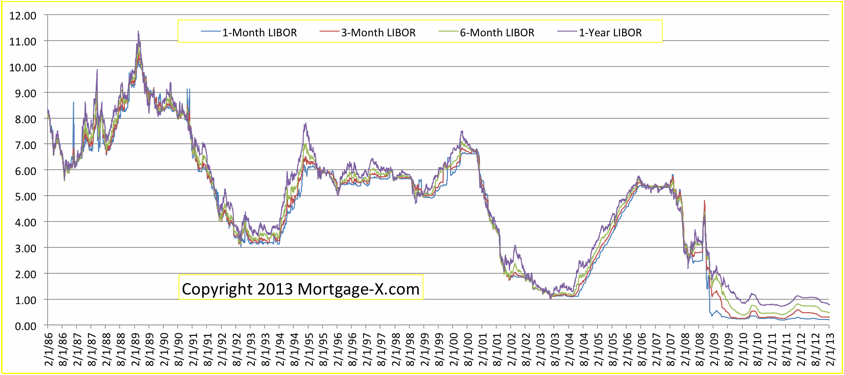Let's say two people take out two different types of loans of the same loan amount.
person A - 30 year fixed at 4%. Monthly payment is $5000. Estimate $1500 goes towards principal and $3500 goes toward interest per month.
person B - interest only at 3%. Monthly payment is $2500.
Assuming you want to stay in the house and not flip it. Isn't it better to get a interest-only loan and pay the difference toward principal? So person B can pay $2500/month toward interest and pay another $2500 toward principal. Person B would pay the same total $5000/month payment as person A, but person B pays $1000 more toward principal ($1500 vs $2500) I'm not sure the exact mechanics on how the interest-only loan works but understand that the interest only lasts for 5 years and then does it become a 30 year loan? By paying more toward principal even with an interest-only loan, isn't person B better off ?
person A - 30 year fixed at 4%. Monthly payment is $5000. Estimate $1500 goes towards principal and $3500 goes toward interest per month.
person B - interest only at 3%. Monthly payment is $2500.
Assuming you want to stay in the house and not flip it. Isn't it better to get a interest-only loan and pay the difference toward principal? So person B can pay $2500/month toward interest and pay another $2500 toward principal. Person B would pay the same total $5000/month payment as person A, but person B pays $1000 more toward principal ($1500 vs $2500) I'm not sure the exact mechanics on how the interest-only loan works but understand that the interest only lasts for 5 years and then does it become a 30 year loan? By paying more toward principal even with an interest-only loan, isn't person B better off ?

